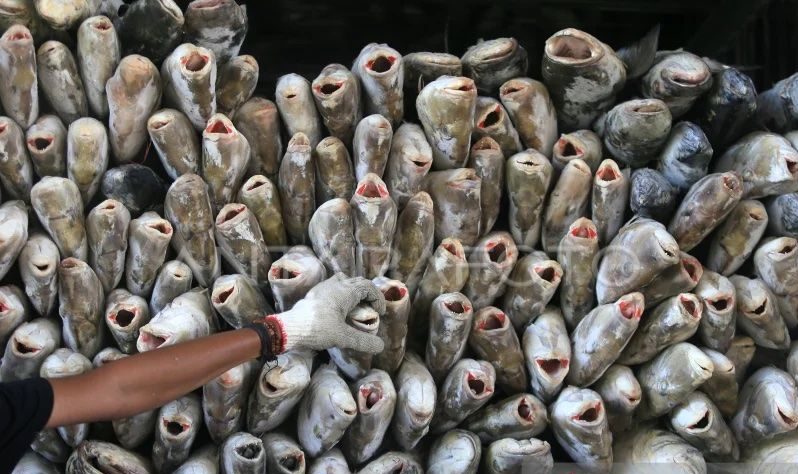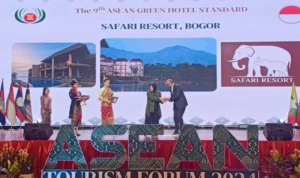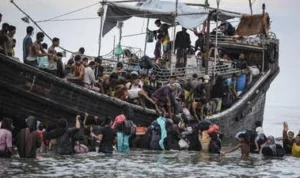JABAR EKSPRES – Faculty of Marine and Fisheries lecturer at Syiah Kuala University (USK) Aceh Adrian Damora S.Pi., M.Si said Indonesia’s fisheries sector has a high bargaining value among countries that are members of the Association of Southeast Asian Nations (ASEAN).
“Our bargaining position for ASEAN is high because it is flanked by two large oceans, and Indonesia has a bargaining position as Chair of ASEAN to be able to lead the issue of sustainable fisheries at the ASEAN level and can lead at the Asian level,” Adrian said in Banda Aceh on Thursday (6/8).
Indonesia’s ASEAN Chairmanship 2023 on the economic track runs three strategic pillars, namely rebuilding regional development, connectivity, and new competition, then accelerating the transformation and participation of an inclusive digital economy and encouraging sustainable economic growth for a resilient future (sustainability).
According to Adrian, Indonesia has great capital to strengthen the sustainability pillar, especially in the sustainable fisheries sector. For example, Aceh, he said, has a water area that covers the Indian and Pacific Oceans which is a high bargaining value for Aceh, even Indonesia.
According to him, marine areas that enter the Indo-Pacific Region like this store quite high biodiversity, including many types of fish.
But the challenge, he continued, is that this high diversity also has high vulnerability. Although Indonesia has many types of fish, but the population is less, compared to sub-tropical countries such as in Europe or America where there are fewer types of fish but the population of each type is more.
“But we have many types (of fish) but the population of each type is small. This is a challenge to move towards sustainable fishery,” he said.
Therefore, he said, there is no doubt if it is mentioned that the current condition of Indonesian waters is already overfished or the fish population in the sea area has decreased. This condition is also faced by other countries in ASEAN, both in the Indian and Pacific Ocean waters.






